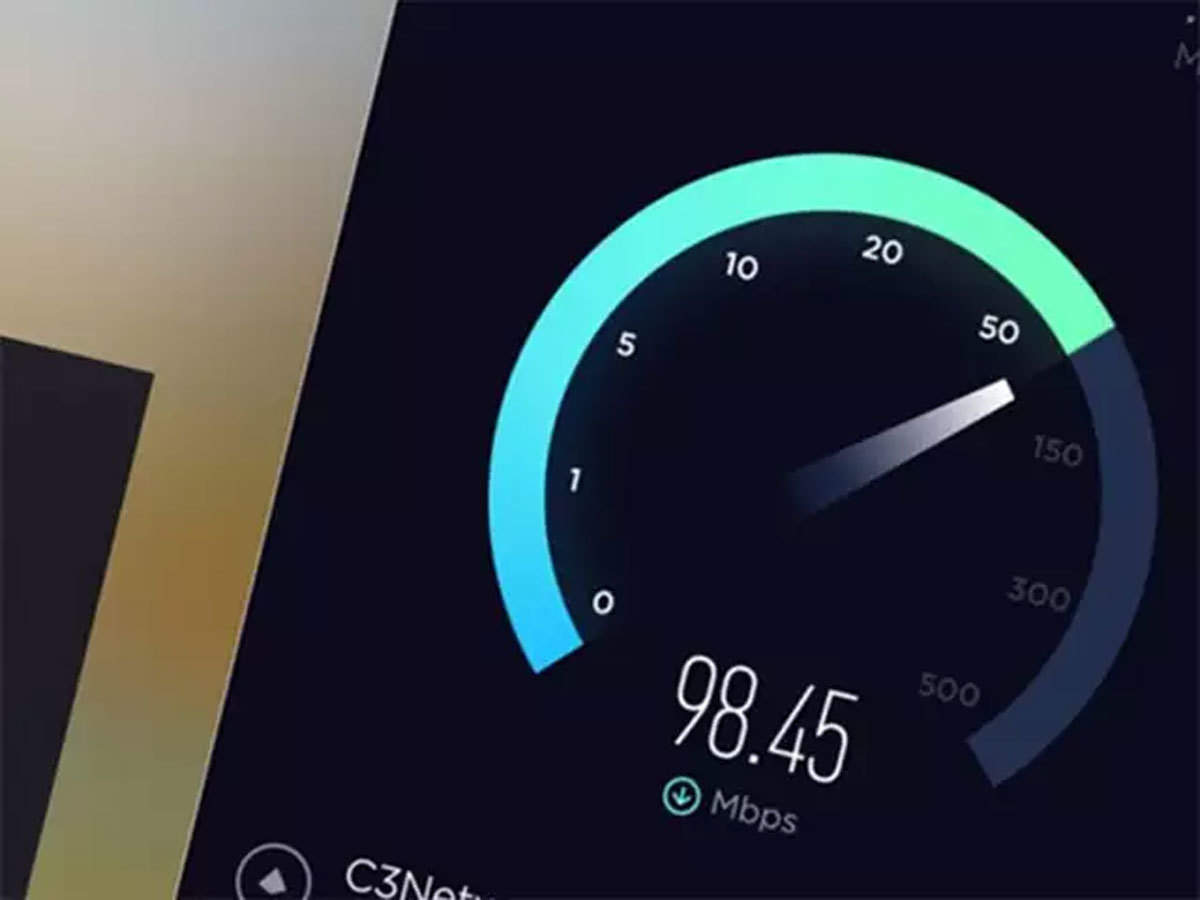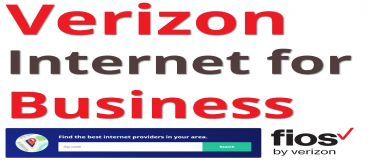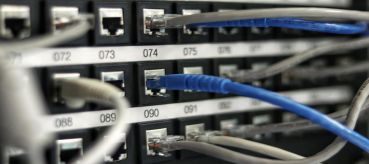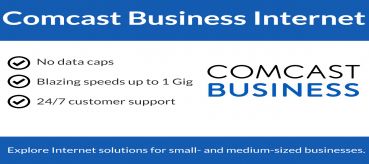The Fastest Internet Providers

Fastest overall: Google Fiber
Fastest fiber-optic speeds in the United States
No price hikes on packages
Very limited availability
Avg. download speed: 160.5 Mbps
Max advertised speeds: 2,000 Mbps
Prices: $70.00–$100.00mo.
Most Nationwide Availability: Xfinity
Fastest internet provider with the largest US coverage
Wide range of prices and plans
Data caps on all plans (including gigabit)
Avg. download speed: 131.6 Mbps
Max advertised speeds: 2,000 Mbps
Prices: $24.00–$299.95/mo.
Widest Fiber Availability: Verizon
Largest fiber network in the country
Lower prices for fast speeds
Expensive gigabit plan
Avg. download speed: 138.0 Mbps
Max advertised speeds: Up to 940 Mbps
Prices: $24.99 - $299.95
The fastest internet service providers in the United States
Google Fiber
Avg. download speed 160.5 Mbps
Avg. upload speed 173.6 Mbps
Avg. latency 23.3 ms
Max advertised speed 2,000 Mbps
Verizon
Avg. download speed 138.0 Mbps
Avg. upload speed 121.4 Mbps
Avg. latency 12.6 ms
Max advertised speed Up to 940 Mbps
MetroNet
Avg. download speed 135.2 Mbps
Avg. upload speed 124.1 Mbps
Avg. latency 23.7 ms
Max advertised speed 1,000 Mbps
COX
Avg. download speed 134.5 Mbps
Avg. upload speed 17.6 Mbps
Avg. latency 26.6 ms
Max advertised speed 940 Mbps
Xfinity
Avg. download speed 131.6 Mbps
Avg. upload speed 13.9 Mbps
Avg. latency 22.4 ms
Max advertised speed 1,000 Mbps
In the United States, Google Fiber has the fastest average internet speeds, closely followed by Verizon Fios. The download, upload, and ping rates of these two fiber internet providers are outstanding.
MetroNet, Cox, and Xfinity all have respectable average download speeds. MetroNet, like Google Fiber and Verizon, is a fiber internet service provider, which means it can provide equal upload and download speeds. Customers with Cox and Xfinity, on the other hand, have upload speeds that are slower than download rates—17.6 Mbps and 13.9 Mbps, respectively.
From July 1, 2020, to July 1, 2021, we analyzed data from 3.6 million speed tests completed by internet consumers across the United States using our internet speed test tool. Because most of our internet activity includes downloading data, we use download speed as the primary criterion for comparing providers.
Google Fiber
2,000 Mbps
Xfinity
2,000 Mbps
Mediacom
1,000 Mbps
Spectrum
Up to 1,000 Mbps (wireless speeds may vary)*
AT&T
940 Mbps
Verizon
Up to 940 Mbps
Optimum
940 Mbps
The fastest residential internet speeds are usually around 1,000 megabits per second. Xfinity and Google Fiber both provide 2,000 Mbps download speeds, but those plans are either prohibitively expensive or have extremely restricted availability or both. There are a few companies (such as EPB Fiber Optics in Chattanooga, TN) that offer speeds of up to 10,000 Mbps around the United States. But that's an uncommon occurrence, and it's probably likely overkill.
Nowadays, almost every ISP offers a gigabit internet subscription. We analyzed data from the Federal Communications Commission's Ninth Measuring Broadband America Report to find the internet service providers with the highest stated speeds in the United States. According to the survey, providers who exceeded actual-to-advertised speeds for the majority of consumers were included on this list (since it's pointless to pay for top speeds if you're continually getting less than you pay for).
What is the distinction between advertised and average speeds?
The average speeds we're talking about are what customers can expect from their internet plans. However, several of these companies also offer Wi-Fi services with greater speeds if desired. Look at the maximum advertised speeds to get an idea of how fast a provider's internet can go.
Which supplier has the fastest speeds, according to our customer satisfaction study for 2021?
EarthLink has happy clients when it comes to internet speed, despite not having the best speed test results. That's according to the results of our most recent customer satisfaction survey, in which we asked thousands of internet users to rank their experiences with the country's largest internet service providers
EarthLink zoomed to the top of the internet speed category in our survey, which was issued in July 2021, with a score of 4.1 out of 5. Cox, AT&T, Suddenlink, Mediacom, RCN, and Sparklight tie for second place with a score of 3.9 out of 5, followed by a group of numerous providers tied for third place with a score of 3.8.
EarthLink provides both fiber and DSL Internet access. DSL internet has a maximum speed of roughly 100 Mbps, thus a DSL service would not be among the quickest in our speed test findings. However, it's feasible that EarthLink may continue to offer both robust DSL and fast fiber service.
Which internet service providers are the fastest in terms of the type of connection?
Fiber
Google Fiber
160.5 Mbps
173.6 Mbps
23.3 ms
Cable
Cox
134.5 Mbps
17.6 Mbps
26.6 ms
Dsl
CenturyLink
62.3 Mbps
53.5 Mbps
3
Satellite
HughesNet
24.3 Mbps
18.8 Mbps
46.0 ms
Google Fiber, unsurprisingly, has the fastest internet speeds among fiber internet providers. It is the fastest internet provider in the country for all sorts of internet. It also boasts excellent upload speeds, owing to fiber internet's unique ability to deliver symmetrical upload and download rates.
The quickest cable provider is Cox. Other cable companies frequently offer high-speed Internet, including gigabit speeds. Starry Internet, a relatively tiny service that has been making gains as a 5G-based fixed-wireless provider, has also impressed us. In the future, expect to see additional fixed-wireless 5G alternatives.
Although CenturyLink's speeds are remarkable for a DSL provider, keep in mind that the company also offers fiber internet, so its total average may be skewed higher because fiber internet connections are often significantly quicker than DSL internet speeds.
What is the quickest internet connection?
The fastest type of internet is fiber-optic internet. In our speed comparisons across the United States, fiber internet providers came out on top. Cable internet was also among the fastest internet service providers in the United States. Both fiber and cable internet provide rates of up to (and occasionally beyond) 1,000 Mbps (1 Gbps).
Related Posts
Mon, Apr 20, 2020 11:13 PM
Business Internet Guides for Entrepreneurs
Small businesses need to grow, but how big should your business become before you buy it online? Whether you started out as a sideshow or a brick-and-mortar business, successful small businesses are finding it increasingly difficult to decide when to shell out money for an Internet business.
Wed, Apr 22, 2020 11:34 PM
Find Verizon Internet for Business Near You!
Verizon provides Internet for business in more than 40 states in the US, speeds are limited to 15 Mbps, and many businesses will need more juice. If you're in the Northeast, you can enjoy high-speed Internet via Verizon's FiOS. This is ideal for businesses that need high speeds, such as restaurants, hotels, medical facilities, hospitals, schools, and other businesses.
Thu, Apr 23, 2020 12:00 AM
5 Best Small Business Internet Service Providers (2021)
The following Internet Service Providers are not listed in any particular order, but we have ranked these five companies as worthwhile due to some key factors such as speed, reliability, cost, and overall customer satisfaction.
Thu, Apr 23, 2020 11:52 PM
Why Business Internet is More Expensive Than Residential Internet
This question is asked so often today that it seems worth explaining, but here are 5 reasons why business Internet is more expensive than Residential Internet packages.
Fri, Apr 24, 2020 5:17 AM
Comcast Internet For Business: Internet, Phone, TV, and Other Solutions for your Business.
Comcast Business is US largest cable provider for small and medium-sized businesses and has become a force in the market, recognized by leading industry over the past two years as one of the fastest-growing providers of high-speed broadband to business customers








